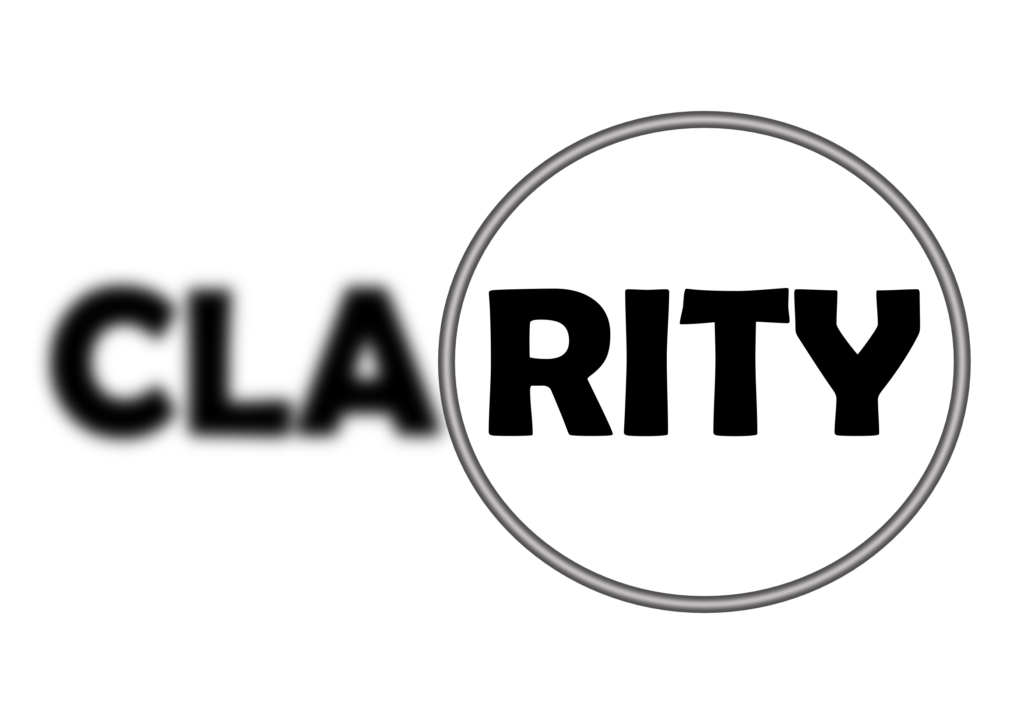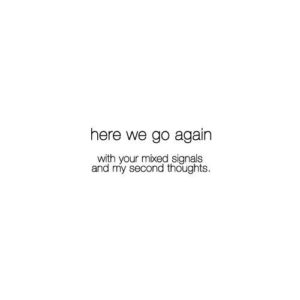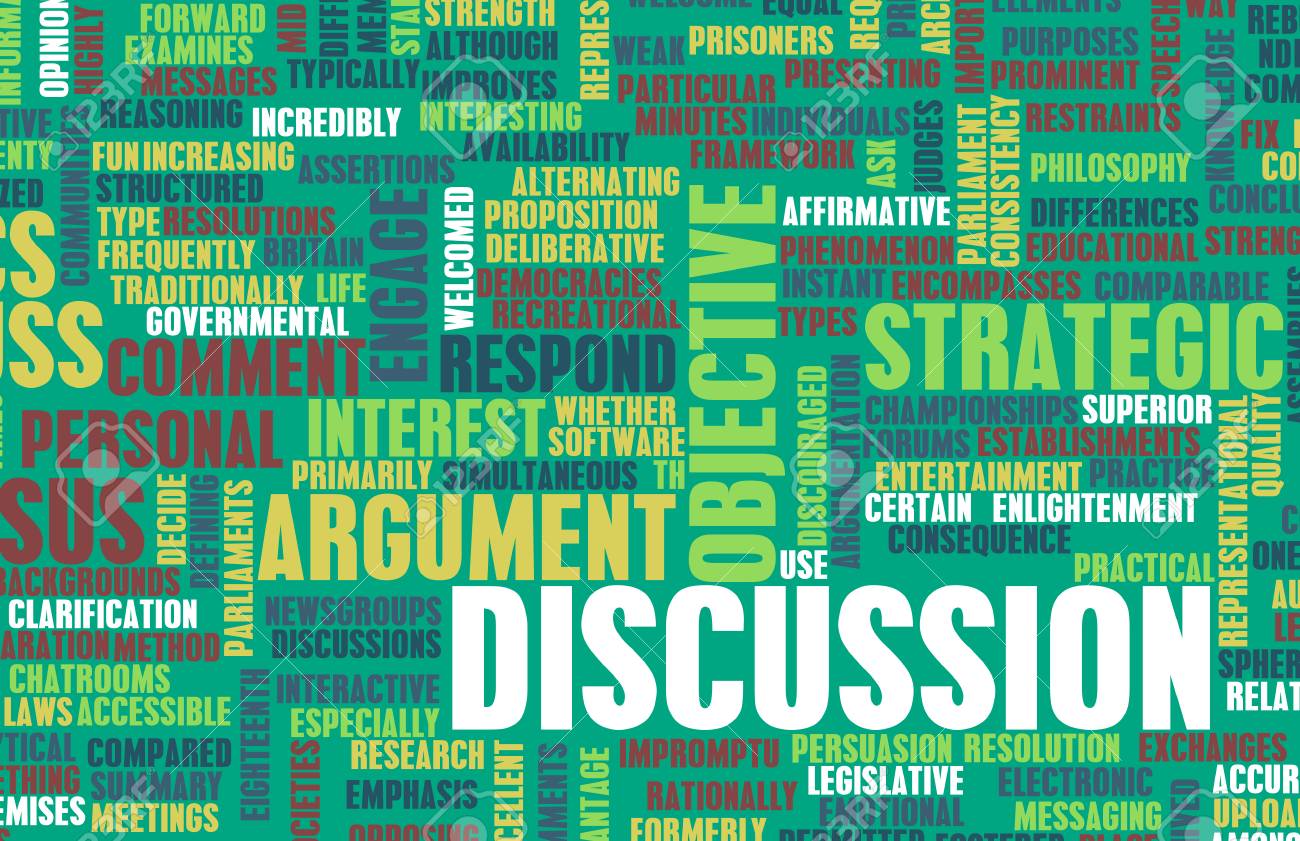 When I sought out a standard definition of “clarity” or “clear,” I found synonyms like “coherent,” “intelligible,” “transparent,” and “pure.” Pretty understandable, right?
When I sought out a standard definition of “clarity” or “clear,” I found synonyms like “coherent,” “intelligible,” “transparent,” and “pure.” Pretty understandable, right?
I suppose these synonyms work for a good general explanation of what clear means. But, I actually find them a little… unclear.
Do you and I both have exactly the same understanding of the words coherent, intelligible, transparent, and pure? Not a chance.
Let’s look at what can make a transaction (a conversation between two people) unclear.
Think about components of a knower/judger persona. Knowledge can involve understanding how something works, what’s right and what’s wrong, or the absolute value of something. This can be a very long laundry list of my internal values, possibly imprinted in early youth. It’s a huge file of positions I fall back on when I don’t have the time, energy, or inclination to challenge any of my beliefs in pursuit of… you guessed it: clarity!
Then there’s another culprit in my K/J that undermines clarity. My knowing what you’re thinking… sometimes what you’re thinking about me. It’s a primary component of racism, a clarity issue that’s been in the news a lot in the past 50 years. It’s the idea that I form my response or my judgment based not on what you actually say or do, but rather from what I believe you’re thinking. It’s very predictive in nature and, with no evidence of its accuracy, it is frequently dead wrong!
You’ve done this, I guarantee it. You screw up at work. You’re late on some assignment, for example, and here comes your boss. What are your thoughts? “He’s really pissed!” Why would you think that? Because you’ve been taught that assignment failure is supposed to be met with comparative ire. Your K/J knows that if the tables were reversed, you’d be pissed, right?
The problem is you have no real data about the boss’s position.
There’s certainly an opportunity to “create your own reality”; in other words, if you believe firmly enough that she’s pissed, then, lo and behold, she’s pissed! We have conduits for transmitting that expectation; certainly words work to do that, but so do body language, facial expression, and tonality.
In my interpretation, this is a key contributor to racism. If I believe that that African-American believes I believe him to be inferior, then the die is cast; we can’t get out of that loop. We are both our own self-fulfilling prophecy. If a population of WASP-y Americans believe it (not that the African-American is actually inferior, but that he believes the WASP-like American believes the WASP-y American believes it), then it becomes reality… and vice versa. This tension is produced from emotion (it’s a K/J – K/J interaction) rather than from rational data.
Can you see how unclear this interaction is? I have no rational reason to feel negatively about that other person (especially if I’ve never conversed with him before); except my feeling is that he feels negatively about me, so my emotions respond accordingly. We end up both assuming friction, so friction it is!
How can I break this racist cycle of dysfunction?
Via some therapists’ favorite bit of advice: “Let go.”
“Let go of that belief. Think something else. Consciously explain to yourself that you have no rational information backing your feeling.”
Of course, I have no control over the “other guy,” but I’m confident that if I don’t automatically expect a negative interaction, then the other guy at least has some data that helps him not believe it either.
No guarantees, but I’m pretty certain if I don’t change my feelings about the boss’s feelings about my screw-up, then I’m probably in for a rough ride.
Going into these situations, I instead try to think, “Make room for the miracle.” A smile. A transparent admission of a screw-up. Mea culpa. Once I even backed into a boss’s office and bent over to break the tension. It worked! (Perhaps not the best approach for every gender.)
If I carry a fear (feeling) into a conversation, it may easily be justified. If I leave it behind and make room for the miracle, then that miracle has opportunity as well.
Clarity, then, in my world is about not letting the feelings (K/J) going into an interaction obfuscate the data—don’t let emotion fog up an otherwise transparent interaction.
My feelings about your feelings about my feelings is not clarity.




